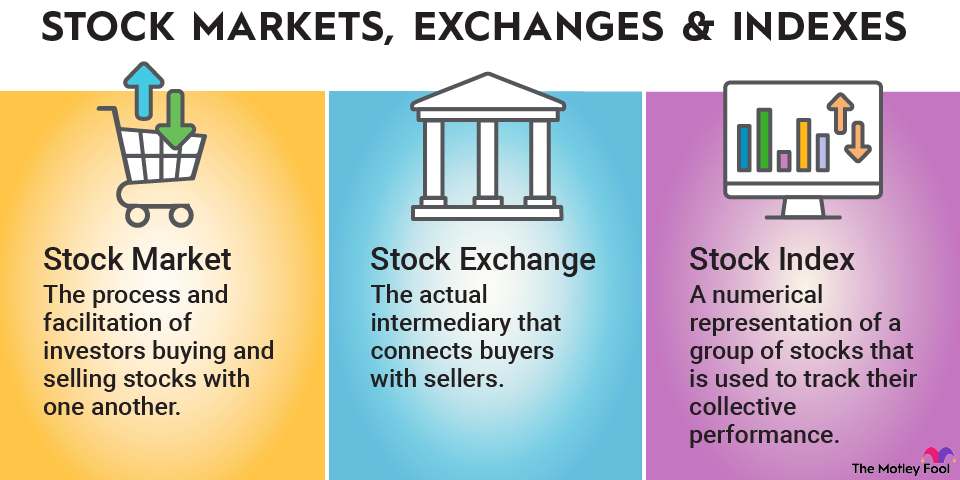Sell the shares to another investor
Unlike publicly traded stock, where the exchange matches buyers and sellers, you'll have to do your own legwork to find a buyer for privately held stock. To comply with SEC regulations, a company must be willing to provide substantive disclosures to potential investors, including certain financial statements and other non-financial information.
If the company isn't willing to buy, you can only sell to an accredited investor, which would include the company's directors or executive officers, as well as any individual who meets one of the following financial criteria:





